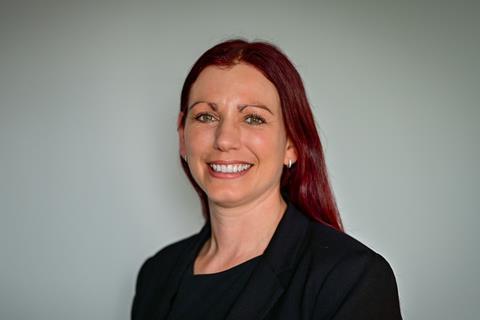
Who? Sarah Myatt, solicitor-advocate at Switalskis, Leeds.
Why is she in the news? The firm represented Peter Sullivan, whose conviction for murder was quashed by the Court of Appeal this month. Sullivan spent 38 years in prison.
Thoughts on the case: ‘We became involved in Peter Sullivan’s case in 2007. I was a trainee solicitor and just finding my feet, but even then I was intrigued by the case. Most notably, his vulnerability and the absence of legal representation during initial interviews. The case was built on a retracted confession and flawed bite-mark evidence, with no DNA analysis available at the time. We’ve been involved with Peter’s case for almost 20 years, over which time we have used a forensic and research-heavy approach. We carried out a meticulous review of case files, liaising with scientific experts, and advocated for advanced DNA analysis. In 2021, the Criminal Cases Review Commission agreed to re-examine the case following the emergence of new DNA evidence that categorically excluded Peter as the source of the semen found on the victim. This breakthrough was instrumental in the Court of Appeal’s decision to quash his conviction. Securing Peter’s release after 38 years was a humbling experience. During that time, he maintained his innocence. His case highlights the importance of modern forensic science and the profession’s duty to challenge miscarriages of justice, no matter how long ago they occurred.’
Dealing with the media: ‘At the centre of managing media interest before and after the hearing was the consideration for Peter. He wanted his privacy, but given the gravity of his experience, we knew there would be much interest. Everything had to be balanced with the utmost respect for the victim’s family and the impact contact with the media would have on the appeal. We had to be selective who we engaged with, consider news agendas and clearly outline what we would discuss – often not giving the detail the media craved. Our communication aimed to respect the sensitivities of everyone involved.’
Why become a lawyer? ‘I wanted to advocate for those whose voices often go unheard. I’m committed to fairness and justice, particularly for people with mental health challenges or vulnerabilities.’
Career high: ‘Hearing the words “we quash the conviction” at Peter’s appeal and watching his reaction is a moment I will never forget. His release is a defining career milestone and a powerful reminder of the impact of diligent legal work.’
Career low: ‘Working on a case that took decades to reach justice was, in itself, a low point. While Peter remained positive, the time it took to overturn the conviction, despite clear concerns, was frustrating. The potential implications of that lost time were never far from my mind.’




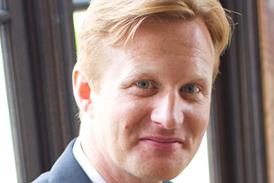
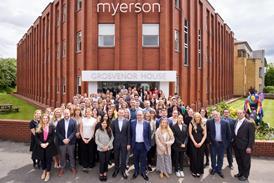


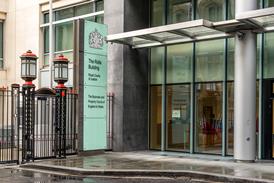
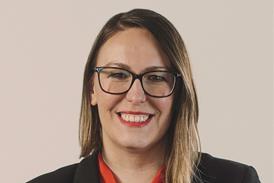








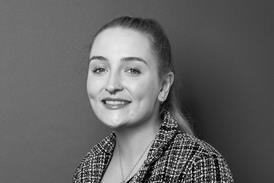











No comments yet